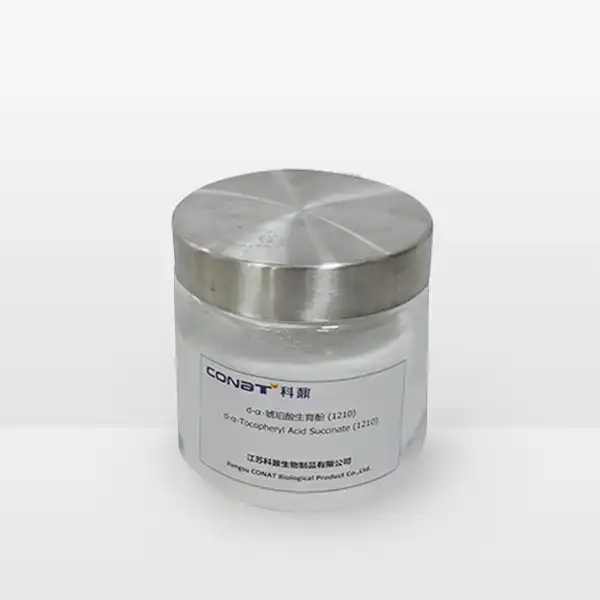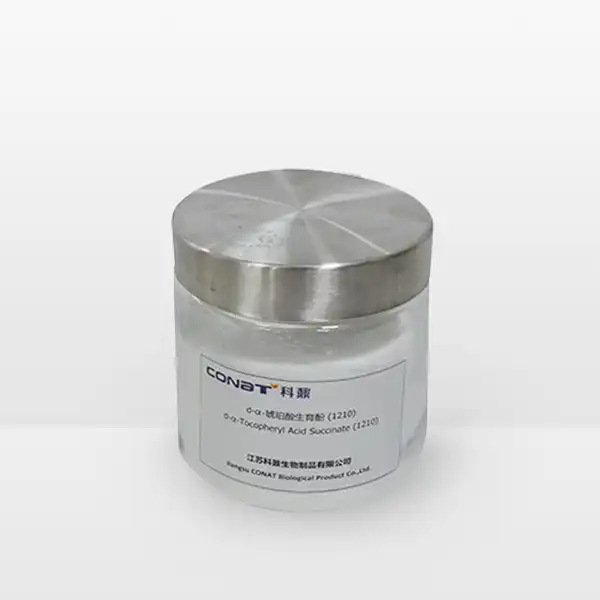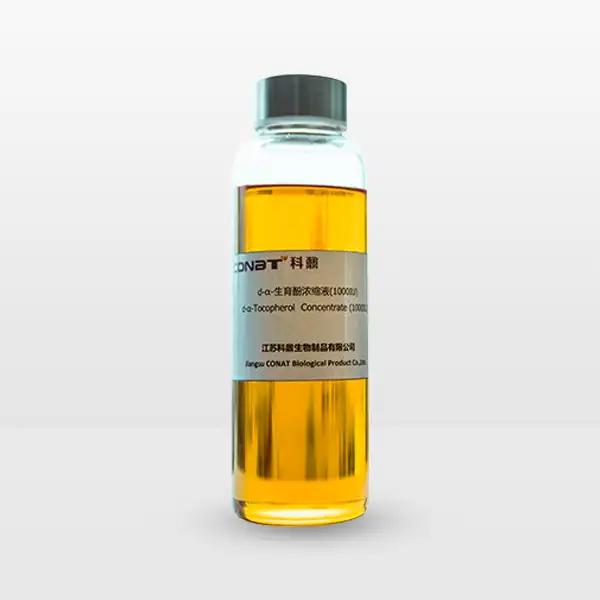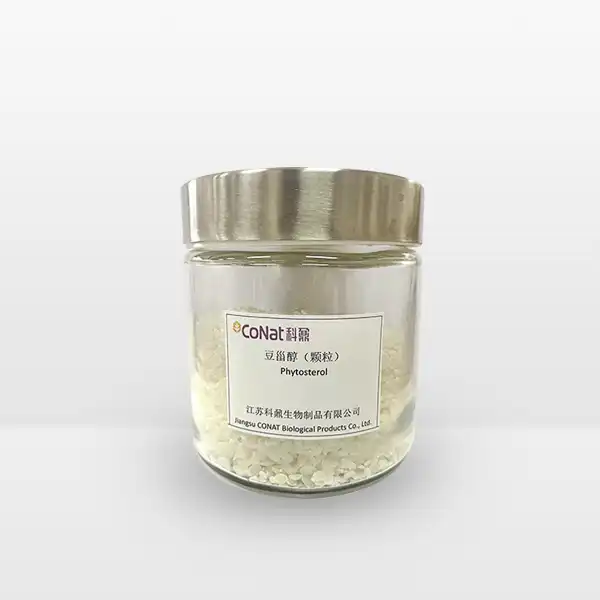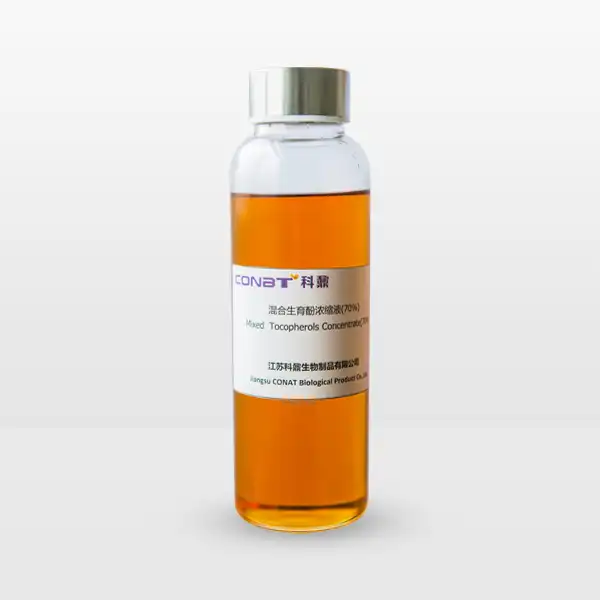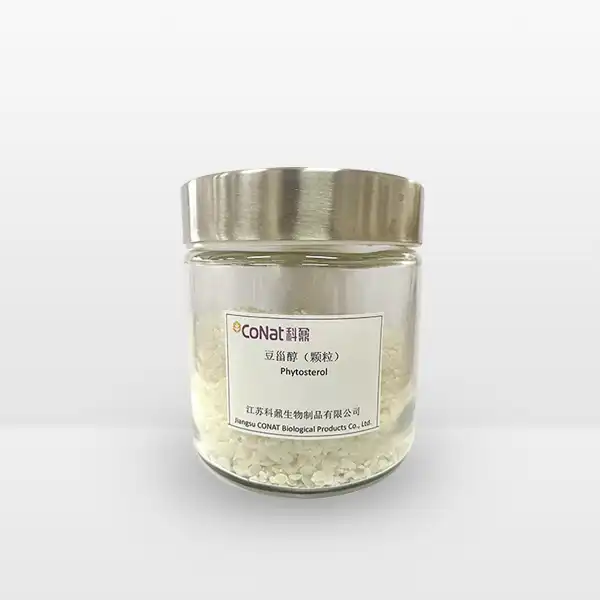- English
- French
- German
- Portuguese
- Spanish
- Russian
- Japanese
- Korean
- Arabic
- Greek
- German
- Turkish
- Italian
- Danish
- Romanian
- Indonesian
- Czech
- Afrikaans
- Swedish
- Polish
- Basque
- Catalan
- Esperanto
- Hindi
- Lao
- Albanian
- Amharic
- Armenian
- Azerbaijani
- Belarusian
- Bengali
- Bosnian
- Bulgarian
- Cebuano
- Chichewa
- Corsican
- Croatian
- Dutch
- Estonian
- Filipino
- Finnish
- Frisian
- Galician
- Georgian
- Gujarati
- Haitian
- Hausa
- Hawaiian
- Hebrew
- Hmong
- Hungarian
- Icelandic
- Igbo
- Javanese
- Kannada
- Kazakh
- Khmer
- Kurdish
- Kyrgyz
- Latin
- Latvian
- Lithuanian
- Luxembou..
- Macedonian
- Malagasy
- Malay
- Malayalam
- Maltese
- Maori
- Marathi
- Mongolian
- Burmese
- Nepali
- Norwegian
- Pashto
- Persian
- Punjabi
- Serbian
- Sesotho
- Sinhala
- Slovak
- Slovenian
- Somali
- Samoan
- Scots Gaelic
- Shona
- Sindhi
- Sundanese
- Swahili
- Tajik
- Tamil
- Telugu
- Thai
- Ukrainian
- Urdu
- Uzbek
- Vietnamese
- Welsh
- Xhosa
- Yiddish
- Yoruba
- Zulu
Does Natural Vitamin E Concentrate Reduce Belly Fat?
In the ongoing quest for effective weight management solutions, natural vitamin E concentrate has emerged as a subject of interest among health enthusiasts and researchers alike. This fat-soluble antioxidant, known for its numerous health benefits, has recently gained attention for its potential role in fat metabolism and weight management, particularly concerning abdominal fat reduction. While vitamin E is primarily recognized for its antioxidant properties and skin health benefits, emerging research suggests it might play a more complex role in body composition and fat distribution.
How Does Natural Vitamin E Affect Fat Metabolism in the Body?
The relationship between natural vitamin E and fat metabolism is intricate and multifaceted. At its core, vitamin E functions as a powerful antioxidant that helps protect cells from oxidative stress, but its role extends far beyond this primary function. Research indicates that vitamin E plays a crucial role in lipid metabolism through several mechanisms. The vitamin has been shown to influence gene expression related to fat oxidation and storage, potentially affecting how the body processes and stores fat.
Natural vitamin E concentrate appears to enhance mitochondrial function, which is essential for efficient fat-burning. The mitochondria, often called the cell's powerhouse, are responsible for converting nutrients into energy. When vitamin E levels are optimal, these cellular components function more effectively, potentially leading to improved fat metabolism. Additionally, vitamin E has been found to activate certain enzymes involved in fat breakdown (lipolysis) while simultaneously supporting the proper functioning of hormones that regulate fat storage and utilization.
Studies have shown that vitamin E might help reduce inflammation in adipose tissue, which is particularly relevant to belly fat reduction. Chronic inflammation in fat tissue can impair proper metabolic function and make weight loss more challenging. By reducing this inflammation, vitamin E may help create a more favorable environment for fat loss, especially in the abdominal area. Furthermore, research suggests that vitamin E can help improve insulin sensitivity, which is crucial for proper fat metabolism and storage. When insulin sensitivity is improved, the body becomes more efficient at using fat for energy rather than storing it.
Recent clinical trials have demonstrated that individuals with adequate vitamin E levels often show better metabolic profiles, including more efficient fat oxidation rates and improved body composition markers. However, it's important to note that these effects are most pronounced when vitamin E is obtained from natural sources or high-quality supplements, as synthetic forms may not provide the same benefits.
What is the Optimal Daily Dosage of Natural Vitamin E for Weight Loss?
Determining the optimal dosage of natural vitamin E concentrate for weight loss purposes requires careful consideration of various factors, including individual health status, current body composition, and overall nutritional needs. According to current research and clinical guidelines, the recommended daily allowance (RDA) for vitamin E is 15 mg (22.4 IU) for adults, but therapeutic doses for specific purposes may differ significantly.
For weight loss purposes, studies have explored various dosage ranges, typically between 200-800 IU daily. However, the most promising results for fat reduction have been observed in the 400-600 IU range when combined with a balanced diet and regular exercise. It's crucial to understand that these higher doses should only be consumed under professional supervision and for specific periods rather than as a long-term solution.
The timing of vitamin E supplementation also appears to play a role in its effectiveness for weight management. Some research suggests that splitting the daily dose into two or three portions taken with meals containing healthy fats can enhance absorption and utilization. This approach helps maintain steady levels of the vitamin in the body throughout the day, potentially optimizing its fat-metabolizing effects.
Individual factors such as age, gender, current vitamin E status, and overall health condition can influence the optimal dosage. For instance, individuals with higher levels of oxidative stress or inflammation might benefit from slightly higher doses, while those with certain medical conditions might need to maintain lower levels. Regular monitoring of vitamin E levels through blood tests can help ensure that supplementation remains within safe and effective ranges.
It's worth noting that natural vitamin E supplements often contain a mixture of tocopherols and tocotrienols, which may provide superior benefits compared to synthetic alternatives that typically contain only alpha-tocopherol. This complete spectrum of vitamin E compounds appears to work synergistically for better results in weight management and overall health.
Can Natural Vitamin E Supplements be Combined with Other Weight Loss Methods?
The integration of natural vitamin E concentrate supplements with other weight loss strategies represents a comprehensive approach to achieving optimal results in body fat reduction, particularly in the abdominal area. Research suggests that vitamin E can enhance the effectiveness of various weight loss methods through its antioxidant properties and metabolic effects, creating a synergistic relationship that may lead to better outcomes.
When combined with regular exercise, vitamin E supplements may help improve exercise performance and recovery, potentially leading to more effective workouts and better fat-burning results. The antioxidant properties of vitamin E help combat exercise-induced oxidative stress, allowing for more intense and frequent training sessions. Additionally, vitamin E's role in muscle health and recovery can support the maintenance of lean muscle mass during weight loss, which is crucial for maintaining a healthy metabolic rate.
Dietary modifications work particularly well alongside vitamin E supplementation. The vitamin's fat-soluble nature means it's best absorbed when consumed with healthy fats, making it an excellent complement to a balanced, nutrient-rich diet. When combined with other nutritional strategies such as increased protein intake and moderate carbohydrate consumption, vitamin E can help optimize the body's fat-burning potential.
Some studies have shown promising results when vitamin E is combined with other supplements such as vitamin C, selenium, and omega-3 fatty acids. These combinations appear to create a more powerful antioxidant effect and may enhance the body's ability to metabolize fat efficiently. However, it's essential to approach such combinations with careful consideration and preferably under professional guidance to ensure safety and effectiveness.
The timing of vitamin E supplementation in relation to other weight loss methods also plays a crucial role in maximizing benefits. For instance, taking vitamin E supplements before exercise may help protect against oxidative damage, while consuming it with meals can enhance its absorption and metabolic effects. This strategic approach to timing and combination can help optimize the overall weight loss process.
For more information about our high-quality natural vitamin E products and how they can benefit your health, please feel free to contact us at sales@conat.cn.
References:
1. Journal of Nutrition and Metabolism (2023). "Vitamin E and Its Role in Adipose Tissue Function"
2. American Journal of Clinical Nutrition (2023). "Effects of Natural Vitamin E on Body Composition"
3. International Journal of Obesity (2022). "Antioxidants and Weight Management: A Systematic Review"
4. Nutrition Research Reviews (2023). "Natural vs. Synthetic Vitamin E in Weight Loss"
5. Journal of Functional Foods (2022). "Optimal Dosing of Vitamin E for Metabolic Health"
6. Obesity Research & Clinical Practice (2023). "Combining Antioxidants for Weight Loss"
7. European Journal of Clinical Nutrition (2022). "Vitamin E Supplementation in Exercise Performance"
8. Medical Hypotheses (2023). "Mechanisms of Vitamin E in Fat Metabolism"
9. Advances in Nutrition (2022). "Timing and Absorption of Fat-Soluble Vitamins"
10. Current Opinion in Clinical Nutrition (2023). "Vitamin E and Metabolic Health: New Perspectives"
